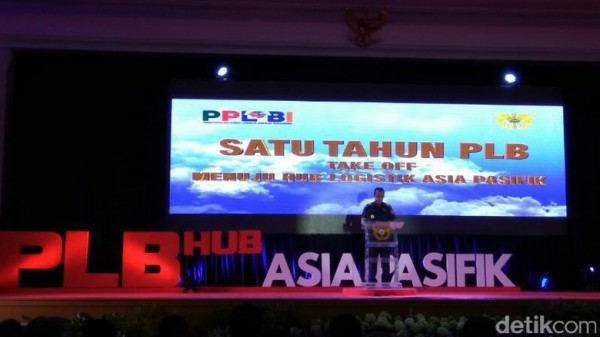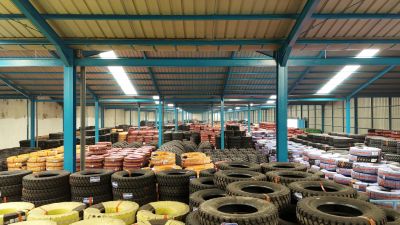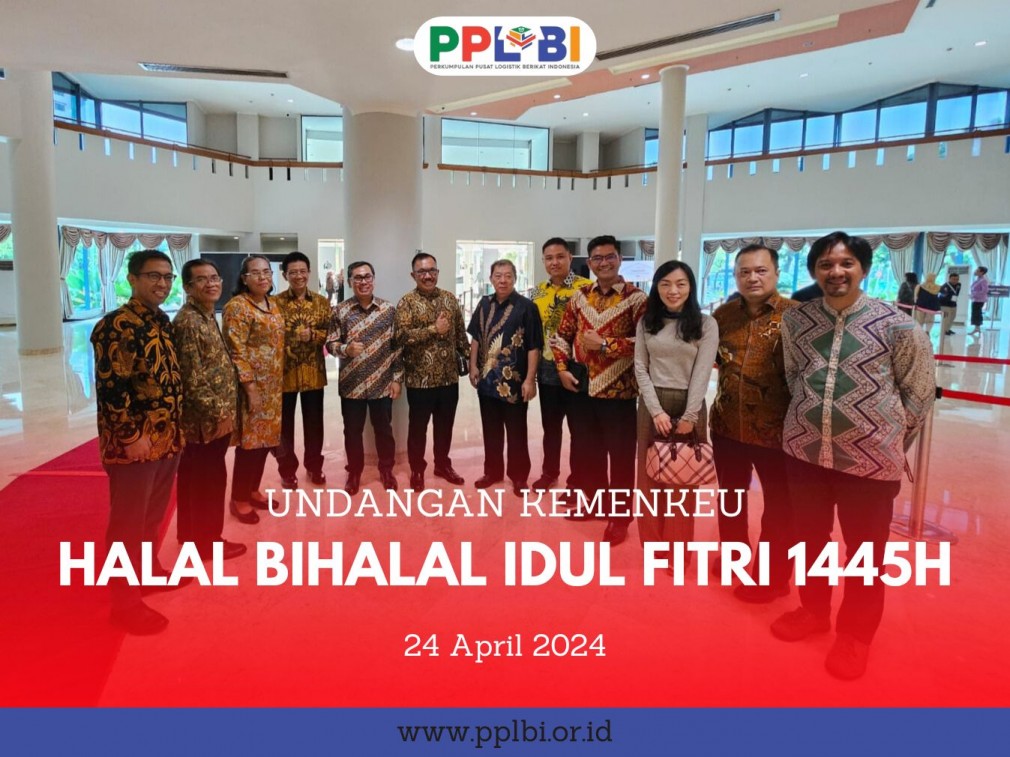Jakarta - The role of Bonded Logistics Centers (PLB) significantly impacts logistics costs. Especially considering that logistics costs in Indonesia remain relatively high compared to neighboring countries.
"Logistics costs are one component of goods production, accounting for about 25-26% of total production costs. This compares to approximately 15% in Thailand, 13% in Malaysia and Vietnam - meaning Indonesia's costs are double. This presents an increasingly significant challenge," said Director General of Customs and Excise Heru Pambudi during his report on PLB's one-year progress at the DJBC Building, Rawamangun, Jakarta, Wednesday (4/12/2017).
Heru explained that since the issuance of the Second Round of Economic Policy Packages, President Jokowi simultaneously inaugurated 11 PLBs across Indonesia. These PLBs aim to reduce logistics costs and accelerate logistical availability. Currently, there are 34 companies operating across 42 locations in Sumatra, Java, and Kalimantan.
"Sulawesi, Papua and other regions will follow soon. Eventually, all islands will be required or encouraged to establish logistics centers," he added.
Heru reported that the value of stockpiled goods has reached IDR 1.16 trillion stored in 5 PLBs. Currently, the 32 PLBs show 40% utilization, with 20 international suppliers, 34 international distribution channels, and 97 domestic distribution channels.
"In terms of real-time operations, clearance processes at PLBs take only 1.8 days - significantly faster than port clearances, though this varies by port," he clarified.
Heru continued that since PLBs were established in 2016, their role has become strategically important as numerous overseas bonded warehouses closed while new ones opened in Indonesia. Their revenue contributions from import duties, income tax (PPh), and value-added tax (PPn) have also been substantial.
"Regarding oversight, we encourage integrated supervision with Customs through measures like electronic seals. This allows us to monitor truck and container movements from ports to warehouses," he stated.
Additionally, Indonesia's PLBs now utilize domestic surveyors for inspections previously conducted abroad, reducing costs from approximately IDR 8 million to IDR 5 million.
Heru revealed PLB development plans to match Shenzhen's standards in China: "Going forward, we aim to develop PLBs equivalent to Shenzhen's facilities. Our current differences include shorter storage periods (3 years compared to theirs) and e-commerce support. Expanding notifications for specific goods is planned. Indonesia aims to remain competitive internationally."
This development, Heru concluded, should position Indonesia's PLBs as Asia-Pacific and global hubs, leveraging Indonesia's strategic location as an international transit route: "We're entering phase two - expanding geographically to Papua, eastern regions and border areas, while diversifying commodities beyond manufacturing to include directly distributable goods," he concluded. (mkj/mkj)



